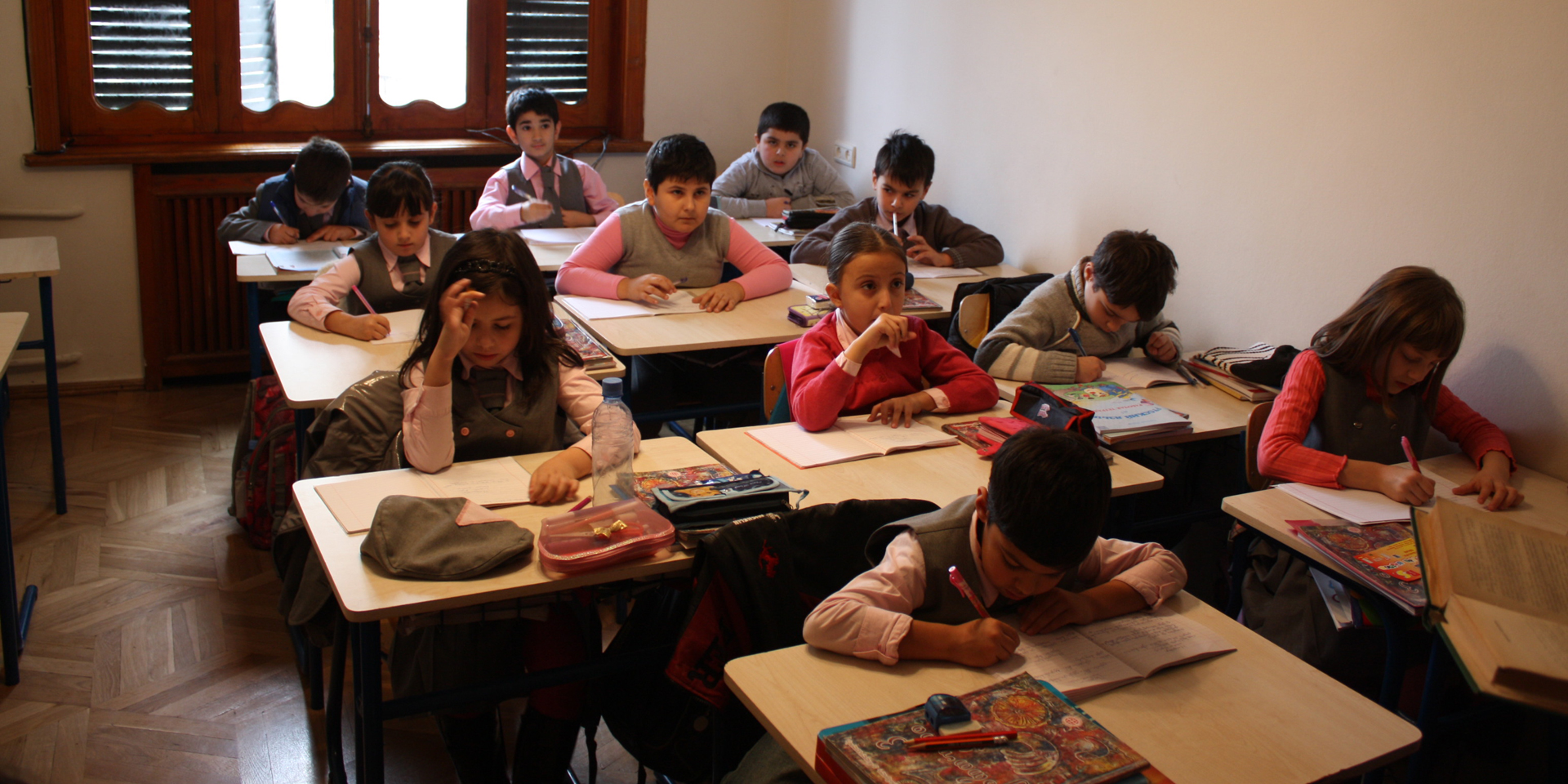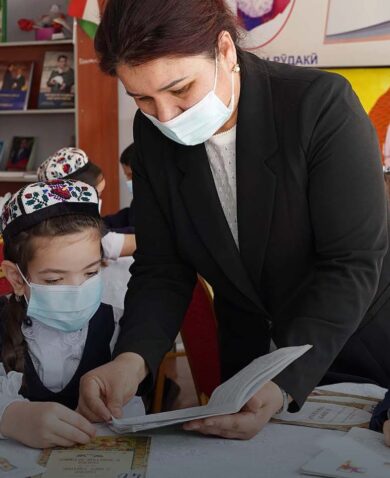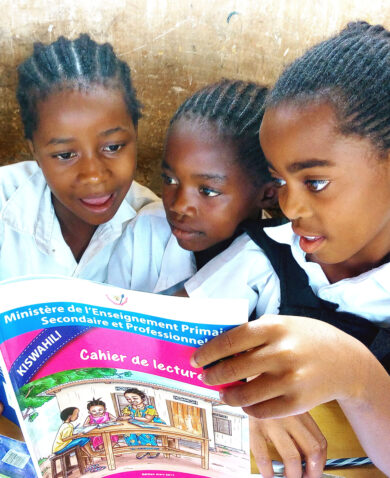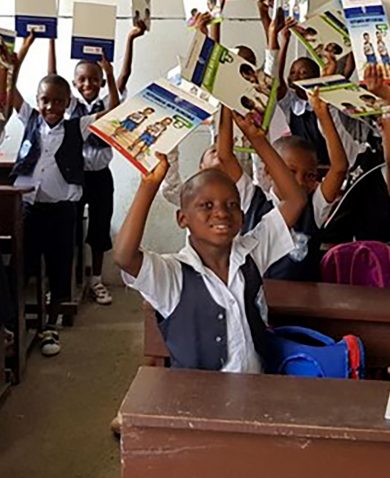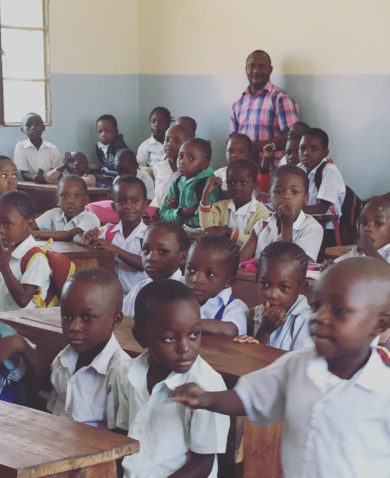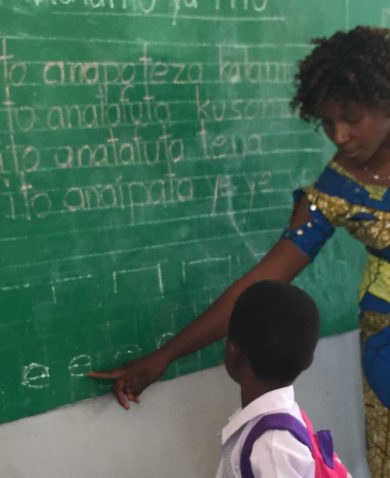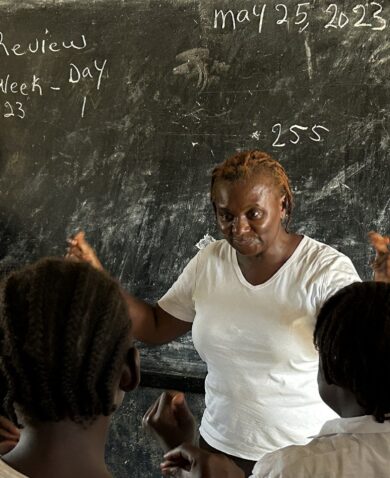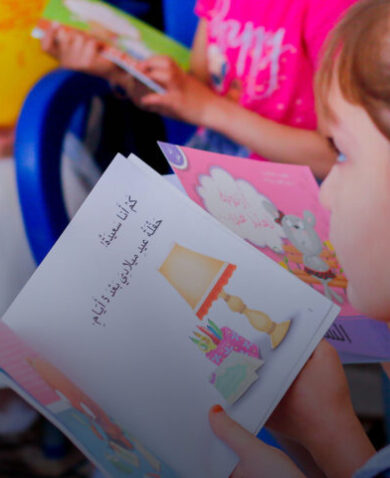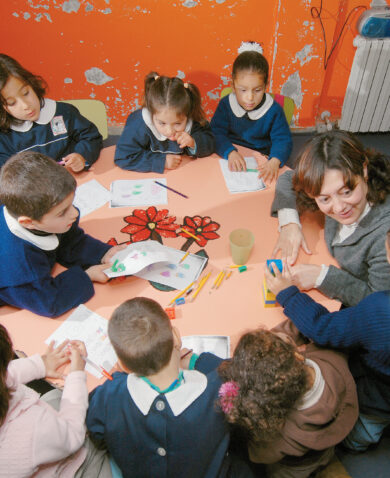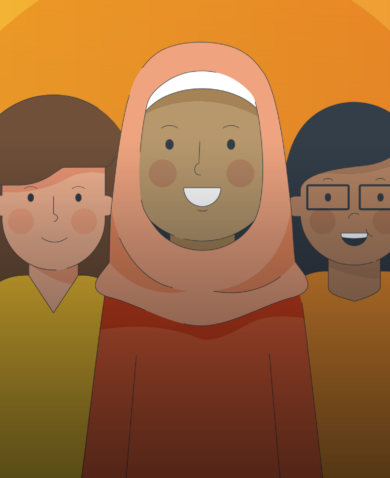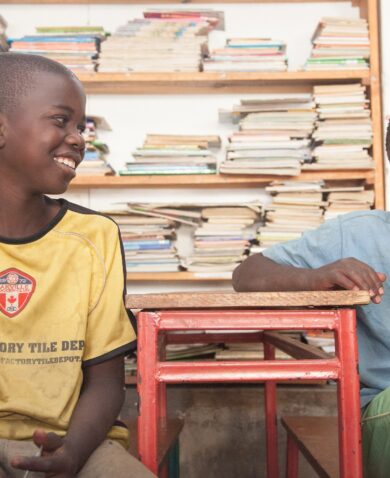WordCalc determines the readability, or complexity, of the features of written text by registering the number of words in each sentence and paragraph, the number of syllables in each word, the decodability of the words, and most importantly, the percentage of difficult, unfamiliar, and repetitive words in the text. This quantified data is then inserted into a special matrix that also evaluates the relevancy of the topic, basic elements and structure of the story, and word usage for each grade level. The analysis informs writers where revisions are required for the text to be tailored to a specific grade level.
“In English, for example, we can measure the difficulty of text by using a computer program based on a readability formula that has taken years to develop and refine. Since the Georgian language did not have such a formula, our project staff had to develop the readability criteria. The result is a groundbreaking tool that can be used by the Georgian Ministry of Education and Science, as well as the publishing community, to provide appropriately leveled texts to any age group,” explained Ms. Parks.
With more than 200 stories in various stages of production, Chemonics is on its way to reaching its goal of providing 300 new readers to Georgian elementary students during the next two years.
In addition to the non-fiction readers, many of the fictional readers tackle social and personal issues children face. One story, written by two Georgian educators, deals with the jealousy often experienced in competitive sports (excerpted above). Other stories present realistic scenarios such as cheating on a test, lying to a friend, or ridiculing someone’s physical appearance while suggesting ways to deal with each situation productively. According to Ms. Parks, the diversity of the authors’ stories has been impressive.
“The readers created by G-PriEd will reinforce the curriculum, foster classroom discussion, and encourage elementary students to explore areas of their highest interest,” said Parks. “The addition of 300 leveled readers to Georgian elementary classroom libraries represents the concerted effort of many authors, illustrators, formatters, and educators dedicated to providing students with a print-rich environment.”
G-PriEd is a USAID project designed to facilitate significant improvement in literacy and numeracy learning outcomes for children in grades 1-6 in Georgian and ethnic minority schools. The project is aligned with national goals of the Georgian Ministry of Education and Science and USAID’s Education Strategy 2011-2015.

